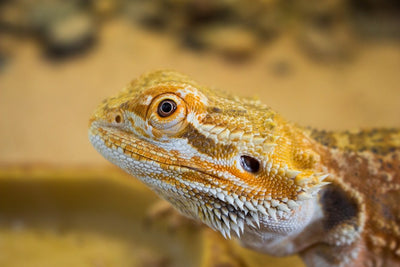As pet owners, we want our furry friends to live long, healthy lives. One important factor in achieving this is nutrition. But with so many pet food options on the market, it can be overwhelming to choose the right one for our pets. In this guide, we will explore the nutritional needs of pets and provide tips on how to make the best choice of food for your pet.
Firstly, let's talk about what nutrients pets need to thrive. Proteins, fats, carbohydrates, vitamins, and minerals are the main nutrients that pets require in their diet. However, the proportions in which these nutrients are needed vary depending on the species, breed, age, and even the activity level of the pet. For example, cats are obligate carnivores and need a high-protein diet that includes animal-based proteins. In contrast, dogs are omnivores and can digest a wider range of foods.
When choosing pet food, read the labels carefully to ensure that the food meets your pet's needs. Look for foods that have high-quality proteins, digestible carbohydrates, and sufficient fats. A good rule of thumb is to choose foods that have named animal protein sources, such as chicken or salmon, listed as the first two or three ingredients.
Another important factor to consider is your pet's age. Puppies and kittens have specific nutritional needs as they are growing rapidly. They require higher amounts of protein, fat, calcium, and phosphorus compared to adult pets. Similarly, senior pets may require a diet with fewer calories and less fat to prevent weight gain. It's crucial to choose food that is appropriate for your pet's age to ensure that they receive the necessary nutrients for their life stage.
It's also crucial to consider any health conditions that your pet may have. For example, pets with kidney disease may require a diet that is low in protein and phosphorus. Pets with allergies or food intolerances may need to be fed a limited ingredient diet. Always consult with your veterinarian to determine if your pet has any specific dietary needs and to receive recommendations on the best type of food to feed your pet.
Finally, it's important to calculate the right amount of food to feed your pet. Overfeeding can lead to obesity and health problems, while underfeeding can result in malnourishment. The amount of food your pet requires depends on their activity level, breed, age, and metabolic rate. The feeding instructions on pet food packaging are a good starting point, but it's best to consult with your vet to determine the appropriate amount of food for your pet.
Feeding your pet a balanced and nutritious diet is vital for their overall health and wellbeing. Understanding your pet's nutritional needs and choosing the right food can be overwhelming but taking the time to research and talk to your veterinarian will ensure that you are making the best choice for your furry companion. Remember always to read food labels, consider your pet's age and health needs, and calculate the right amount of food for their specific needs. By doing this, you'll give your pet the foundation for a long and healthy life.






